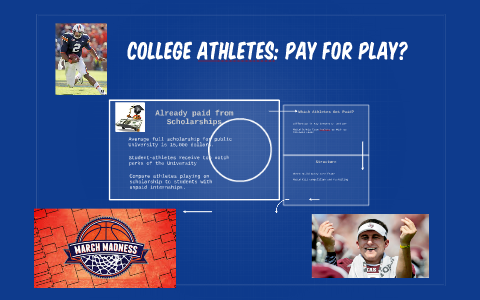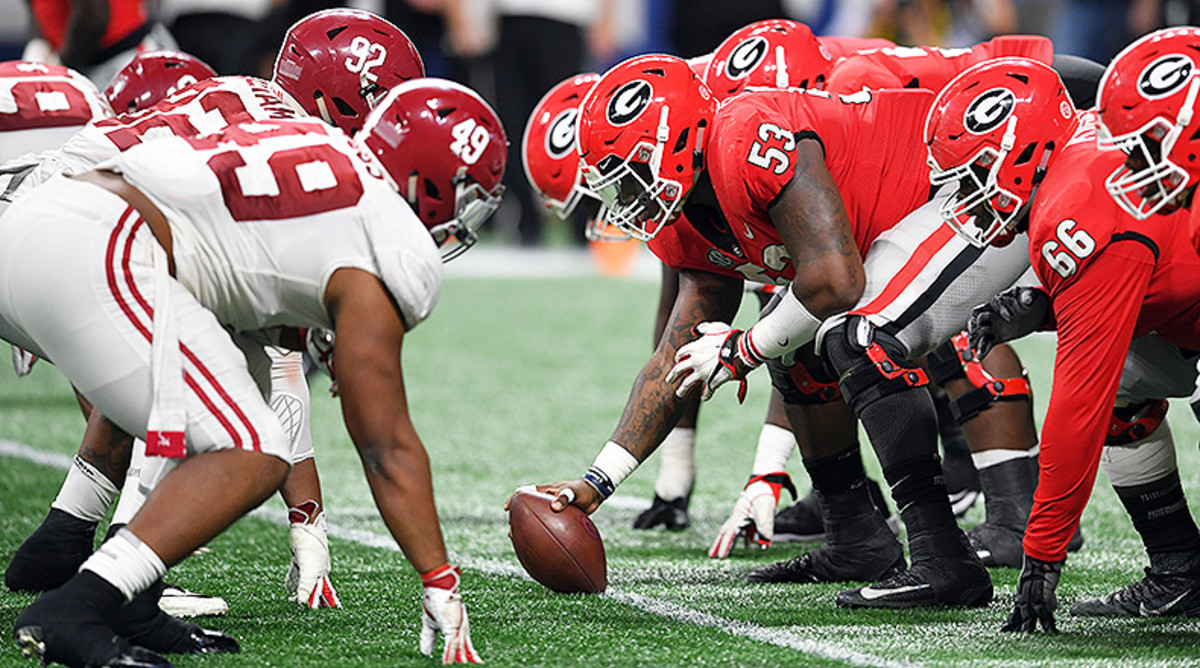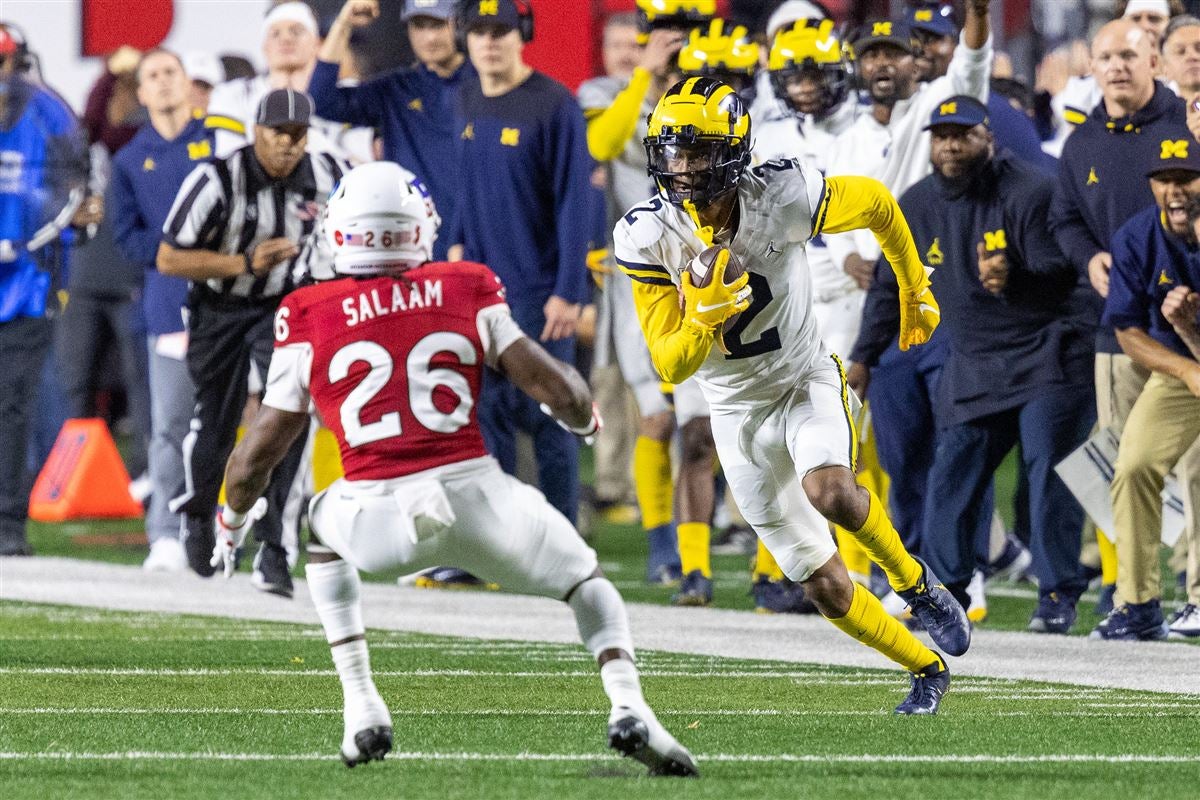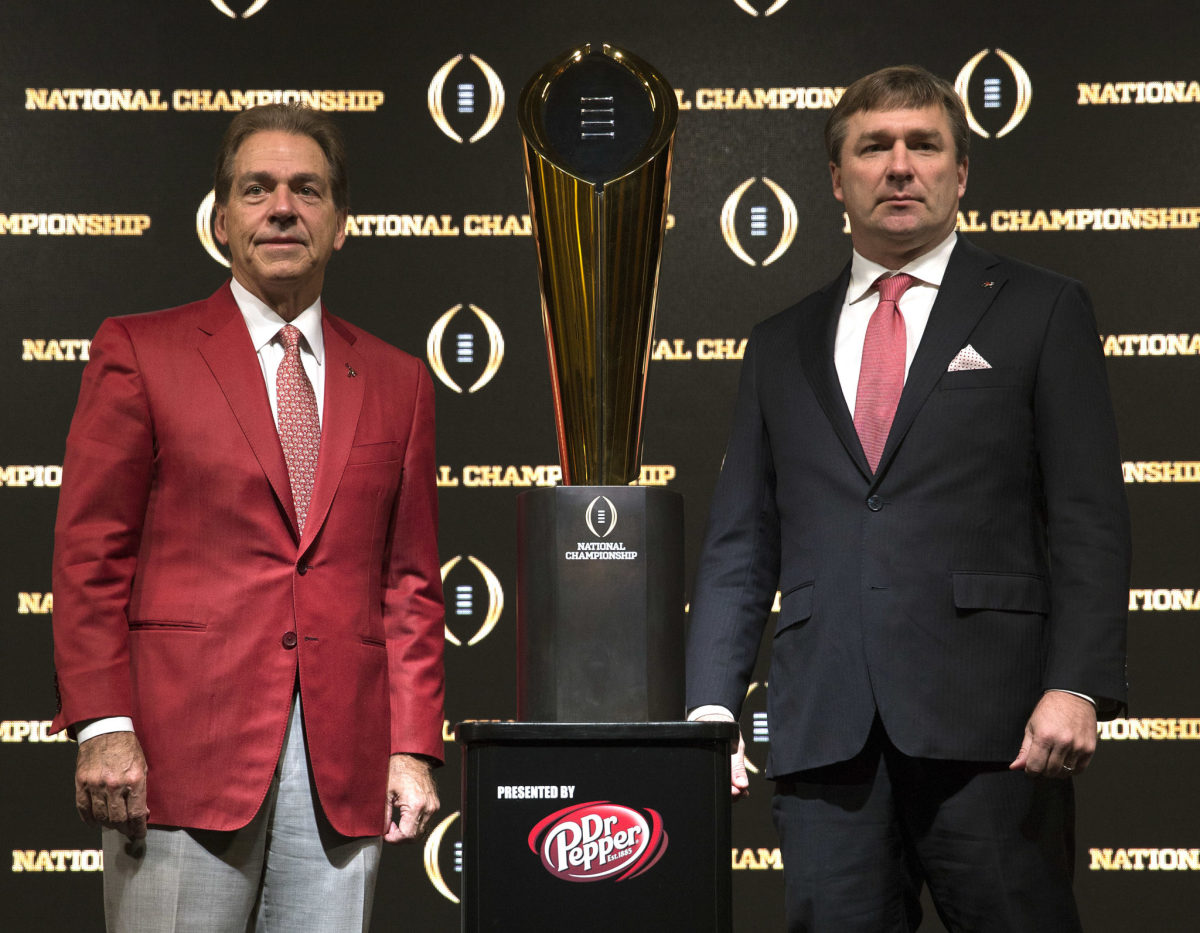NCAA President Proposes 'Pay for Play' Division for College Athletes - Will it Solve the Financial Crisis?

NCAA President Charlie Baker recently proposed a new subdivision within Division I that would allow "pay for play" cash and unlimited educational benefits for college athletes. This subdivision, known as the "rich institutions" division, would require schools to provide at least $30,000 cash per year to half of all eligible male and female athletes. Additionally, schools would be able to offer unlimited cash payments labeled as name, image, and likeness (NIL) payments to recruits or current players.
While Baker's proposal doesn't explicitly address the issue of college athletes unionizing or major antitrust lawsuits against the NCAA, it may be a strategic move on his part. By creating this new division and offering financial benefits, Baker may be trying to avoid potential bankruptcy for the NCAA and its member institutions. These lawsuits and unionization attempts could have significant financial implications.
However, it's important to note that no court has ruled college athletes as statutory employees under federal or state employment laws. Resolving the employee and collective bargaining issues surrounding college athletes is a lengthy process that will likely take years.
Despite the current partisan disarray in Congress, Baker may have a legislative strategy up his sleeve. One proposed NIL bill, an untitled discussion draft by Senator Ted Cruz, would give the NCAA almost everything it wants if passed. This bill would prevent college athletes from being considered employees and would preempt any state laws governing athlete compensation or employment status.
The other proposed Congressional NIL bills offer no clarity on employee status, deliberately avoiding the topic altogether. Without a preemptive federal law, state legislation becomes complicated, with the potential for some states to deny college athletes employee status and others to embrace it.
The political game regarding college athlete compensation is ongoing, and it remains to be seen how it will unfold. Stay tuned for further developments.



